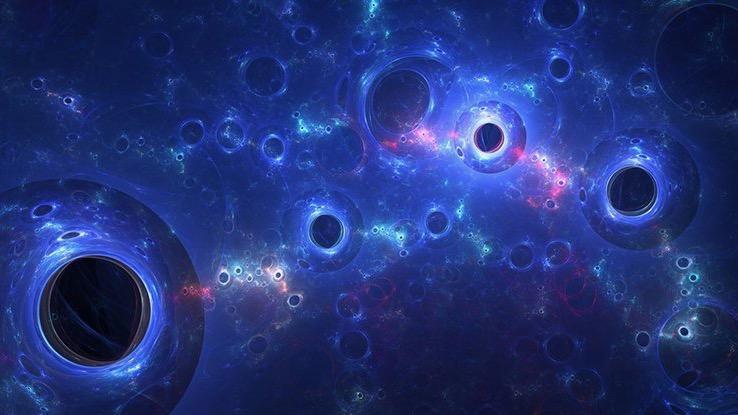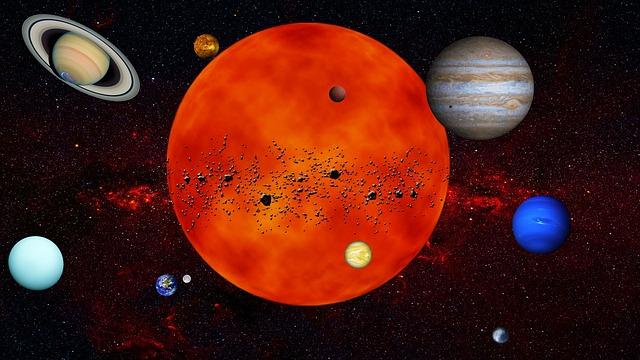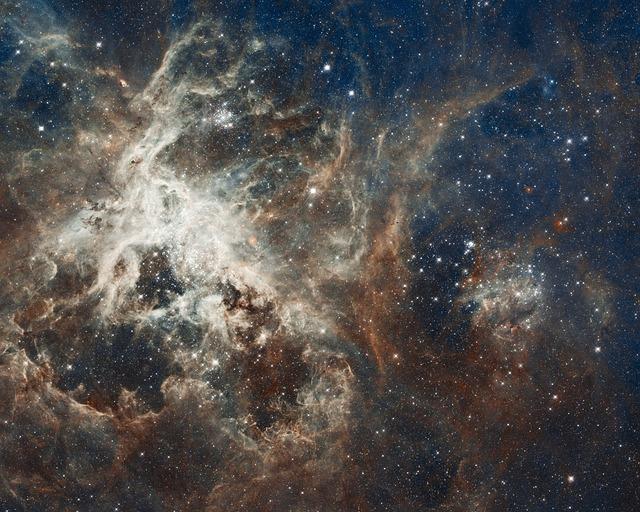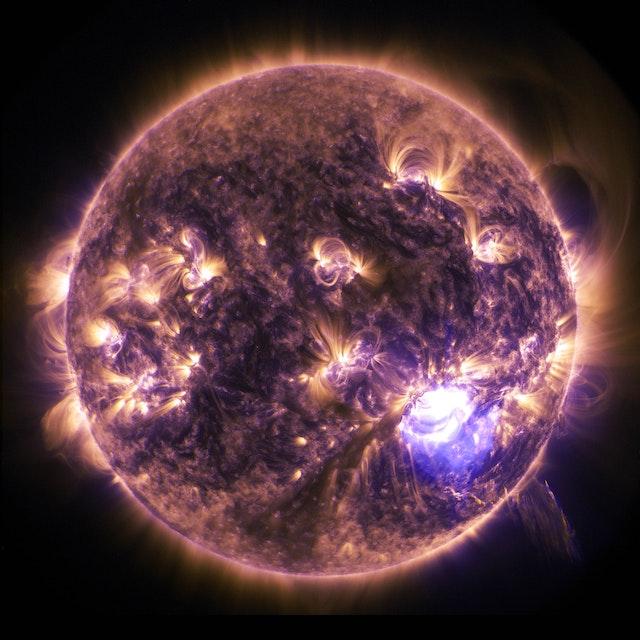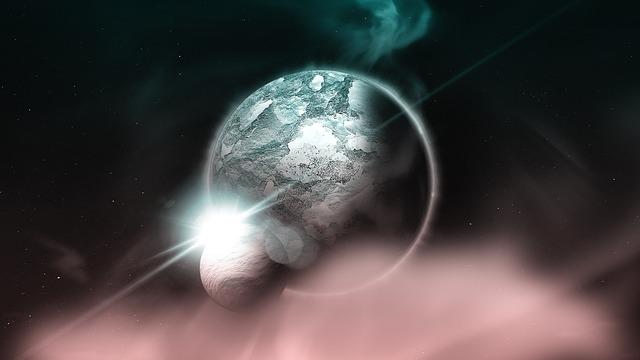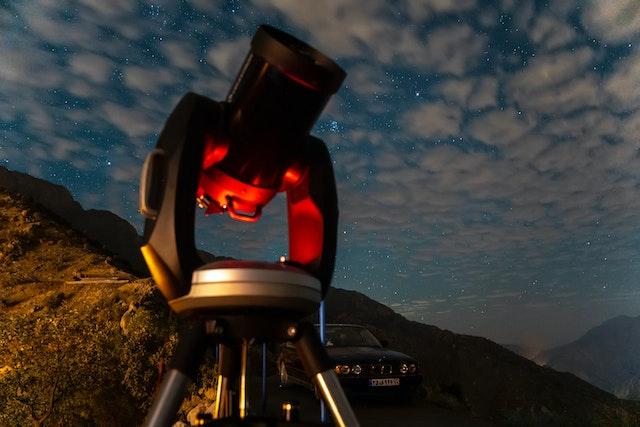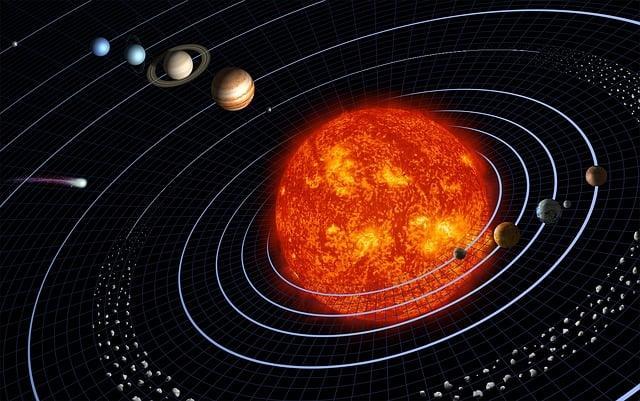The Elusive Nature of Dark Matter: What We Know So Far For decades, scientists have been studying the mysterious substance known as dark matter. It is called “dark” because it does not interact with light and is therefore invisible to telescopes. Despite its invisibility, dark matter is believed to make up about 85% of the matter in the universe, making it a crucial component of our understanding of the cosmos. In this blog post, we will explore what we currently know about dark matter and why it remains such a fascinating and elusive mystery. What is Dark Matter? Dark matter […]
Category: Space
Introduction to our Solar System: A Brief Overview Our Solar System is a mesmerizing and complex system that consists of a central star, the Sun, and all the objects that orbit around it. These objects include planets, dwarf planets, moons, asteroids, comets, and other celestial bodies. It is estimated that there are around 100 billion stars in our Milky Way galaxy, and each of these stars could potentially have their own solar system, making the universe an endless wonder to explore. The Sun is the central object of our Solar System, and everything else orbits around it. It is a […]
The History of the Search for Life Beyond Earth The search for life beyond Earth has been a topic of fascination for humanity for centuries. From the ancient civilizations to the modern era, people have been intrigued by the possibility of extraterrestrial life. In this blog, we will explore the history of the search for life beyond Earth, from ancient times to today. Ancient Civilizations and Mythologies Many ancient civilizations, such as the Greeks, Romans, and Egyptians, had beliefs in gods and goddesses who lived in the heavens. These beliefs often included the idea of life beyond Earth. For example, […]
The Life Beyond Earth:- Extraterrestrial life (ALIEN)Read More »
The History and Evolution of the Big Bang Theory The Big Bang Theory is the most widely accepted scientific theory for the origins of the universe. It states that the universe began as a singularity – a point of infinite density and temperature – and has been expanding ever since. In this blog, we will explore the history and evolution of the Big Bang Theory and how it has changed over time. The idea of an expanding universe was first proposed by Belgian astronomer Georges Lemaitre in 1927. He suggested that the universe began as a single point and has […]
The Big Bang Theory:- Critical Analysis, Unsolved MysteryRead More »
Introduction to the universe: What is the universe, and how do we study it? The universe is a vast and mysterious place, filled with galaxies, stars, planets, and other celestial bodies. But what exactly is the universe, and how do we study it? In this blog post, we’ll explore the basics of the universe and the ways in which scientists study it. What is the universe? The universe is everything that exists, including all matter, energy, and space. It encompasses everything from the smallest particles to the largest structures in the cosmos. The universe is estimated to be around 13.8 […]
Topics:- The life cycle of stars: from birth to death The beauty and wonder of stars have captivated humans for centuries. But have you ever wondered how these magnificent celestial bodies come into existence and what happens to them as they age? In this blog, we’ll explore the life cycle of stars, from their birth to their eventual death. Birth of a Star A star’s life begins in a cloud of gas and dust known as a nebula. Over time, gravity causes the gas and dust to clump together, forming a protostar. As the protostar grows, the temperature and pressure […]
Stars: Life cycle, Characteristics, Formation, RoleRead More »
Topic: Introduction to Jupiter Topic: Physical Characteristics of Jupiter Topic: Moons of Jupiter Topic: Exploration of Jupiter Topic: Jupiter in Popular Culture Introduction to Jupiter Physical Characteristics of Jupiter Jupiter is the largest planet in our solar system, and its physical characteristics are as fascinating as they are unique. In this blog post, we’ll explore some of the key features that make Jupiter so intriguing, including its atmosphere, magnetic field, and interior structure. Atmosphere of Jupiter Jupiter’s atmosphere is incredibly thick and composed primarily of hydrogen and helium gas. The clouds in Jupiter’s atmosphere are made up of different colors […]
Jupiter: Introduction, Physical Character, Moons And EverythingRead More »
Exploring the Wonders of Venus: An Introduction to the Planet Venus, the second planet from the Sun, is often referred to as Earth’s “sister planet” due to its similar size and composition. However, despite its close proximity to Earth, Venus remains a mysterious and fascinating object of study for scientists and space enthusiasts alike. In this blog post, we will explore the wonders of Venus, from its early observations to our current understanding of the planet. Why Venus is an Interesting Topic to Explore Venus is often referred to as the “hottest planet” in the solar system due to its […]
Welcome to the fascinating world of photometry, where we explore the measurement and study of the properties of light. In this blog, we will take you on a journey through the history, principles, techniques, and applications of photometry. Introduction to Photometry Photometry is the measurement of the intensity of light, as well as its spectral and temporal characteristics. It is used in a wide range of fields, including astronomy, biology, chemistry, and physics. Photometry plays a critical role in our understanding of the universe and the properties of matter. History of Photometry The study of photometry dates back to the […]
Exploring the Light: Journey into the Fascinating World of PhotometryRead More »
Welcome to the fascinating world of astronomy, where we explore the wonders of the universe and study the objects that inhabit it. In this blog, we will take you on a journey through the most awe-inspiring discoveries and achievements in the field of astronomy. Introduction to Astronomy Astronomy is the scientific study of celestial objects and phenomena that occur outside of the Earth’s atmosphere. It encompasses the study of stars, planets, galaxies, and other celestial objects. Astronomy is not only a fascinating field of study, but also has important practical applications, such as in navigation and communication. History of Astronomy […]

